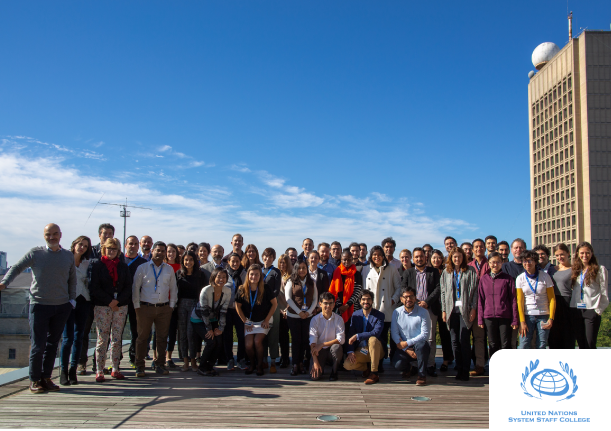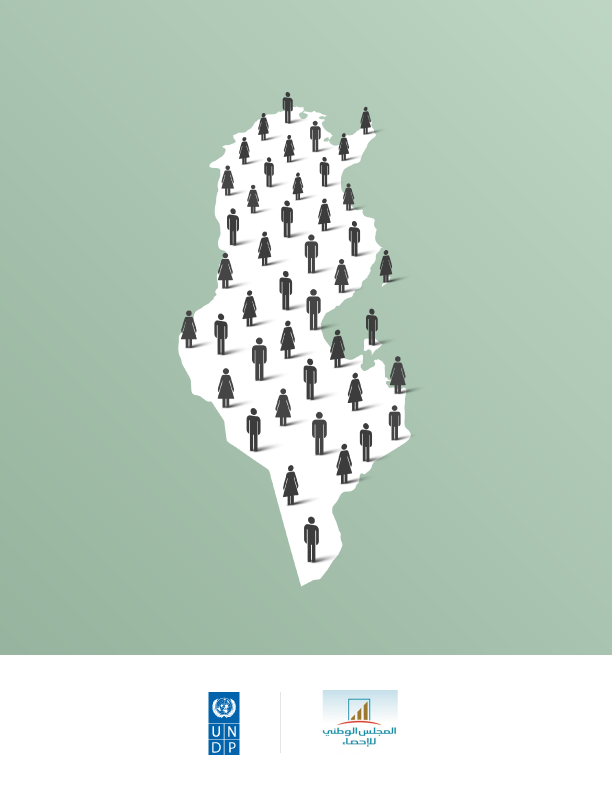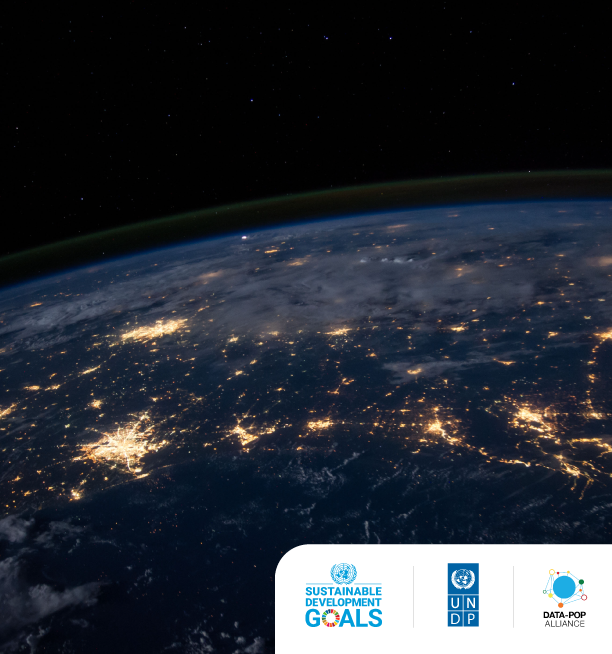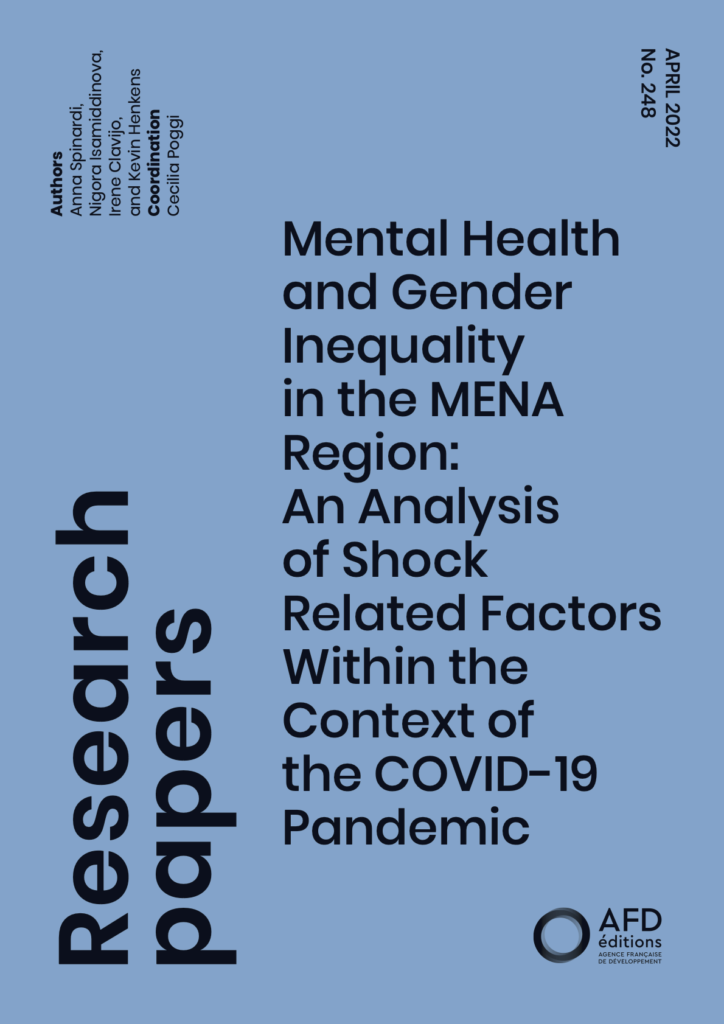Tunisia
12.2
Population 2023 (Millions)
0.7
HDI Score
2022 (Max. 1)
72.5
SDG Score
2023
(Max. 100)
0.2
Gender Inequality
Index Score
(Max. 1)
66
Internet Inclusivity
Index 2022
(100 countries)
Overview
Projects

- Partner(s): Hewlett Foundation (Funder), MIT Media Lab, UN System in Tunisia, United Nations System Staff College (UNSSC)
Carried out in partnership with United Nations System Staff College (UNSSC), this series of courses aimed to help practitioners and policymakers develop and implement Big Data innovation projects, policies, and partnerships in support of sustainable development objectives. The content was structured into three main modules: contexts and concepts; methods and tools; and strategy and conception/ethics and engagement. The workshops were delivered in Cambridge at MIT (June 2016), Bogotá (December 2016), Nairobi (June 2017), Dakar (March 2018), Bangkok (March 2018), and the MIT Media Lab (October 2018). The same workshop was also conducted in Tunisia (April 2019) with support from UN Tunisie.

- Partner(s): National Institute of Statistics in Tunisia, National Statistics Council of Tunisia, UN System in Tunisia, UNDP Tunisia (Funder)
DPA, in collaboration with the UN System in Tunisia and under the implementation leadership of UNDP Tunisia, provided technical support to the National Statistics Council (NSC) and the National Institute of Statistics (INS) in the development of the first National Strategy for the Development of Statistics (NSDS) in Tunisia. The process of the NSDS development included:
(1) Identifying the strengths, weaknesses, and needs of the Tunisian National Statistical System (NSS) through a comprehensive strategic diagnostic of the NSS;
(2) Developing a 5-year National Strategy for the Development of Statistics that facilitates the timely production of reliable statistics to contribute to informed public policymaking aligned with the SDGs;
(3) Developing an advocacy and communication plan to accompany the NSDS implementation, and
(4) Developing a three-year action and financing plans to effectively implement the strategic orientations defined in the NSDS.

- Partner(s): UNDP (Funder), UNDP Europe and Central Asia
In partnership with the United Nations Development Programme (UNDP), DPA provided support to the Europe and Central Asia Regional Hub in Istanbul for the project “Measuring the Unmeasured” to contribute to SDG measurement and achievement. The effective use of data for public policy was of critical importance to the UN in its efforts to strengthen evidence-based programming and policy development. In particular, generating, analyzing, presenting, and using data was vital to global and regional efforts to monitor and promote the Sustainable Development Goals (SDGs). Our project aimed to scope, develop, and test different methods for measuring Tier III indicators of high SDG priorities for 11 countries in the Arab States, Europe and Central Asia, and Asia Pacific, with the main goal of utilizing this information in policy responses.

- Partner(s): Agence Française de Développement - AFD (Funder), Economic Research Forum (ERF)
In partnership with the Agence française de développement (AFD) and the Economic Research Forum (ERF), DPA produced a research paper investigating the potential associations between the socioeconomic impacts of COVID-19 on gendered mental health inequalities in the MENA region. The study adopted a mixed-methods approach, including a thorough literature review and quantitative data analysis using the Oaxaca-Blinder (OB) decomposition model. The results of this study were used to produce a policy paper with targeted recommendations to mitigate the impacts of the pandemic on women’s mental health and improve their social and economic well-being.
